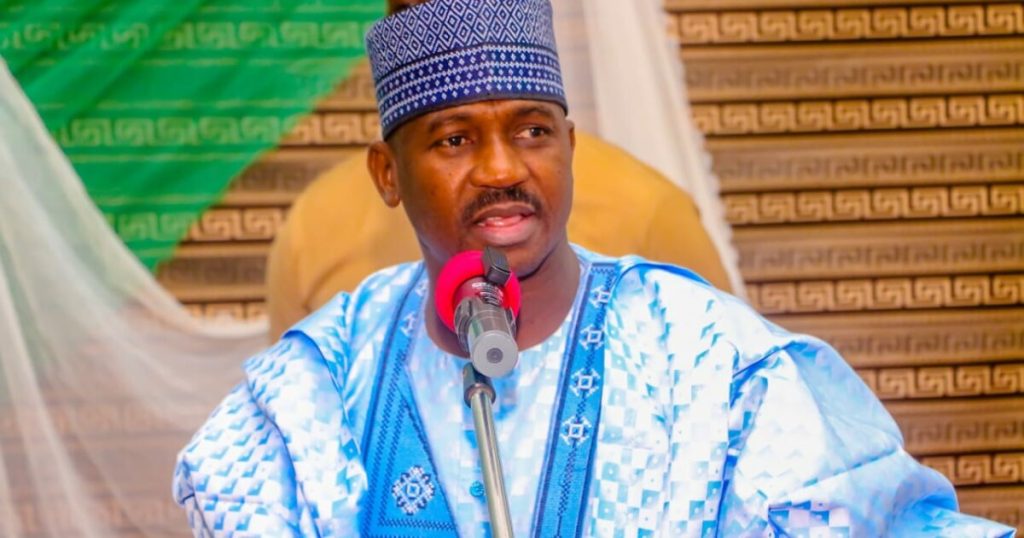The Sokoto State Executive Council convened on Tuesday to address crucial budgetary matters concerning the 2025 public budget. Recognizing the dynamic nature of fiscal planning and the need for adaptability, the council approved a technical amendment to the existing budget. This amendment, as clarified by Dr. Abubakar Zayanna, Commissioner for Budget and Economic Development, is not intended to modify the overall budget size of ₦526.88 billion. Instead, it represents a strategic reallocation of funds within the budget framework, aimed at optimizing resource utilization and addressing emergent priorities more effectively. The amendment focuses on shifting resources from underperforming areas to critical sectors demonstrating potential for substantial impact.
The core principle guiding the amendment is the pursuit of a “realistic and intentional budgeting system.” This approach acknowledges the importance of aligning budget allocations with actual revenue projections and expenditure needs. The process involved a thorough review of non-discretionary capital receipts, identifying those unlikely to materialize in the fiscal year. Corresponding expenditure lines associated with these unrealized receipts were then removed, freeing up funds for reallocation. Simultaneously, sectors where revenues have exceeded projections were identified, and their allocations were increased to capitalize on this positive performance. This dynamic reallocation, totaling ₦38.81 billion, seeks to enhance budget performance and ensure that every naira contributes meaningfully to the state’s development objectives.
The rationale behind this reallocation strategy is multifaceted. Primarily, it aims to improve budget performance, with a target of achieving 70-80% implementation by the end of the year. This ambitious goal underscores the government’s commitment to efficient and effective use of public resources. By directing funds towards areas where they can generate tangible results, the government seeks to maximize the impact of its budgetary interventions. Furthermore, the reallocation seeks to address the issue of dormant projects tying up funds while other pressing needs remain unaddressed. This proactive approach ensures that resources are not locked in unproductive ventures but are instead channeled towards areas where they can contribute to immediate and impactful development.
This strategic reallocation of funds represents a significant step towards achieving a more dynamic and responsive budgeting process. By aligning resource allocation with actual revenue performance and prioritizing areas with demonstrable potential, the amendment aims to optimize the impact of public spending. This approach not only promotes fiscal responsibility but also ensures that the budget serves as an effective tool for achieving the state’s developmental goals. It represents a shift from static budgeting to a more agile and adaptable system that can respond effectively to changing circumstances and emergent priorities.
Beyond the budget amendment, the Sokoto State Executive Council also addressed critical infrastructure concerns. Recognizing the impact of recent heavy rains and the resulting flood-related damage, the council approved the reconstruction and rehabilitation of key road sections. These include Ali-Akilu Road and Abdullahi Podi Road, both of which have suffered significant damage due to flooding. The approved interventions aim to restore these vital transportation arteries, mitigate further flood-related damage, and improve water flow in affected areas. These infrastructure improvements are crucial not only for facilitating transportation but also for enhancing the resilience of the affected communities against future environmental challenges.
The amended budget proposal, reflecting these strategic reallocations and infrastructure priorities, will now be submitted to the State House of Assembly for legislative approval. Upon receiving legislative endorsement, the amended budget will become the legally binding instrument for implementation, guiding public spending throughout the fiscal year. This process underscores the importance of collaboration between the executive and legislative branches in ensuring responsible and effective management of public resources. The amended budget, once approved, will serve as the roadmap for achieving the state’s developmental objectives, reflecting a commitment to fiscal prudence and responsiveness to evolving needs.


